VOID AGREEMENT UNDER SECTION 24 to 30 OF INDIAN CONTRACT ACT, 1872
This article is written by Shikha Singh who is a 2nd-year student of BCom.LL.B. at Banasthali Vidyapith, Rajasthan. The author in this article discusses in detail about the void agreement under Section 24 to 30 of Indian Contract Act, 1872 and also about expressly declared void agreements.
What is an Agreement?
“Agreement” is defined in Section 2(e) of the Indian Contract Act, 1872 as “every promise and every set of promises forming the consideration for each other”. And a promise is defined as an accepted proposal. And a promise is defined as an accepted proposal. Section 2(b) of the same act says: “A proposal, when accepted, becomes a promise.”[1]
Karta: Position, Duties and Powers:- Our Legal World
In other words an agreement is an accepted proposal. A contract is an agreement; an agreement is a promise and a promise is an accepted proposal. Thus every agreement, in its ultimate analysis is the result of a proposal from one side and its acceptance by the other.
To represent the above information below, it could be sum up like this:
Agreement = Offer + Acceptance
Example- John promises to Mona to sell his Samsung Tablet for Rs. 20,000 and Mona accepts to purchase it for the said amount, here ‘John’ and ‘Mona’ entered into an agreement.
Meaning of Void Agreement
“Void Agreement” is defined in Section 2(g) of the Indian Contract Act, 1872 as “an agreement which is not enforceable by law is said to be void.”[2]
Expressly Declared Void Agreement
Indian Contract Act, 1872 lay down the provisions from Section 24 to section 30 and in section 56 relating to the Agreements, which are declared void are explained below:
Section 24. Agreements void, if consideration and objects unlawful in part-
If any part of a single consideration for one or more objects, or any one or any part part of any one of several consideration of a single object, is unlawful, the agreement is void.
In the case of Gopalrao v. Kallappa[3], a person was granted licence for the sale of opium and ganja with this restriction that without the permission of the collector he would not take any partner in the opium-ganja business. Later on he admitted a partner without the permission of the collector after receiving a fixed sum as his share of capital from him. The new partner filed a case for the dissolution and refund of his money due to differences arose between them but his claim was not allowed and the court held that it is impossible to separate the contract.
Section 25. Agreements without consideration-
This section says that an agreement made without consideration are void, unless it is in writing and registered or is a promise to compensate for something done or is a promise to pay a debt barred by limitation law.
Section 26. Agreement in restraint of Marriage void-
Every agreement that restraints the marriage of a major (other than minor) is a void agreement.
In the case of Lowe v. Peers[4], the husband contended that other than the plaintiff if he marries to to a lady, he would give her 1000 pounds within three months of his marriage but it was held that such an agreement is void.
Section 27. Agreement in restraint of trade void-
Every agreement that debars any one from exercising a lawful profession i.e., from starting or continuing his trade or business, in return for some consideration, is to that extent is void.
The scope of the this section came up for consideration before the Calcutta High Court first in the case of Madhub Chander v. Raj Coomar[5].
“The classification of agreements in restraint of trade must fluid and the categories can never be closed”[6].
This section contains one exception i.e., Sale of Goodwill- Saving of agreement not to carry on business of which goodwill is sold.
Any restraint through which a person binds himself would be covered under the exceptions to this section and would not be void[7].
In Firm Daulat Ram v. Firm Dharm Chand[8], the restraint was held to be valid as in a partnership, two similar business owners, came to an agreement that only one of their factories would work at a time and the profit will be shared between them.
Section 28. Agreements in restraint of legal proceedings void-
a) It says that in case of breach of contract any agreement that restricts an aggrieved party from enforcing his rights to approach a relevant court or tribunal or limits the time within which he may to do so, is a void agreement.
b) It further says that any agreement that extinguishes the rights of any party or discharges either of the parties from liability is a void agreement.
This section have three exceptions:
1) Saving of contract to refer to arbitration dispute that may arise.
2) Saving of contract to refer questions that have already arisen.
3) Saving of a guarantee agreement of a bank or a financial institution.
In the case of Food Corporation of India v. New India Assurance Co. Ltd[9], the Supreme Court held that the an agreement which was made should not be so construed as to bar the other party from seeking the remedy of the suit.
Section 29. Agreements void for uncertainty-
It says that the agreements whose meaning is not certain, or capable of being made certain, are void.
Section 30. Agreements by way of wager, void-
According to this section an agreement to wager is a void agreement. Exception in favour of certain prizes for horse racing.
Wager definition in a most illustrative form is given by HAWKINS J in Carlill v. Carbolic Smoke Ball Co.[10].
Section 56. Agreement to do impossible act-
It says that an agreement to do an act impossible in itself is void. For example- Tina agrees with Kapil to discover a treasure by magic, being impossible of performance is void.
Conclusion
It is concluded that void agreements are the agreement which has no legal effect as it is not enforceable by law or In other words we can say that the agreement which does not satisfy the essential elements of contract is void, for example, the agreement which is made by a minor, an agreement which is made without consideration, also the agreements which is made against the public policy.
References
[1] Avtar Singh, Contract & Specific Relief, Page- 3, 12th Edition, EBC Publishing (P) Ltd.
[2] Avtar Singh, Contract & Specific Relief, Page- 288, 12th Edition, EBC Publishing (P) Ltd.
[3] (1901) 3 Bom LR 164
[4] (1768) 4 Burr 2225
[5] (1874) 14 Beng LR 76
[6] Esso Petroleum Co Ltd v. Harper’s Garage (Stourport) Ltd, UKHL 1 ,, AC 269
[7] Brahmaputra Tea Co. Ltd v. Scarth, (1885) ILR 11Cal 545
[8] AIR 1934 Lah 110
[9] 1994 SCC (3) 324
[10] (1893) 1 QB 256 (CA)
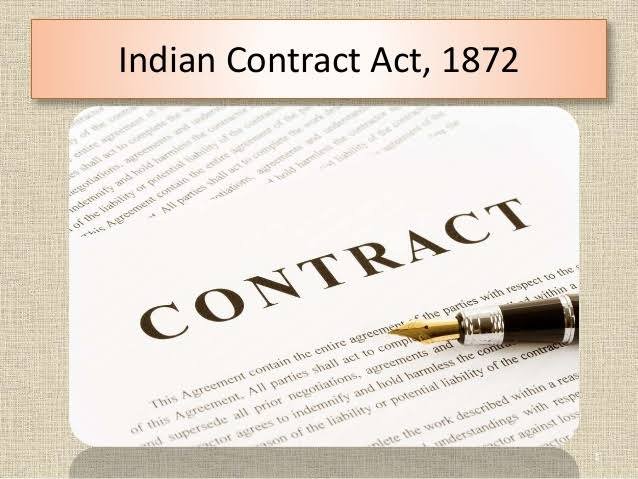
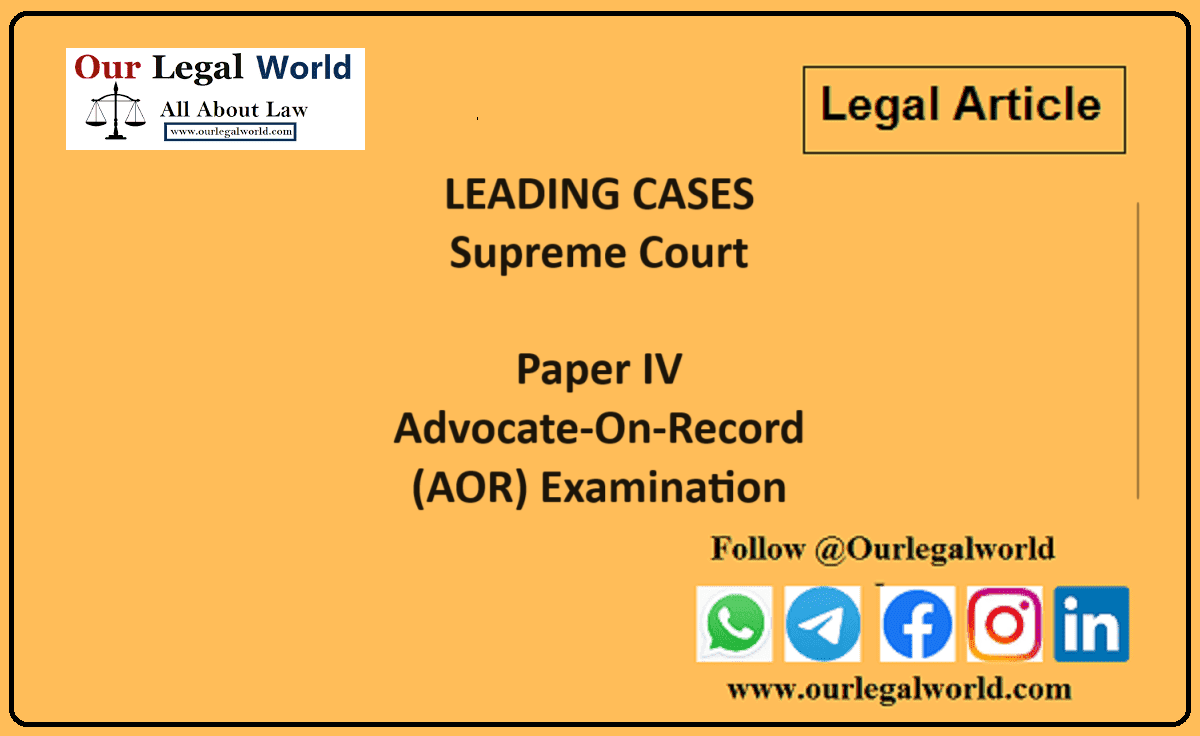
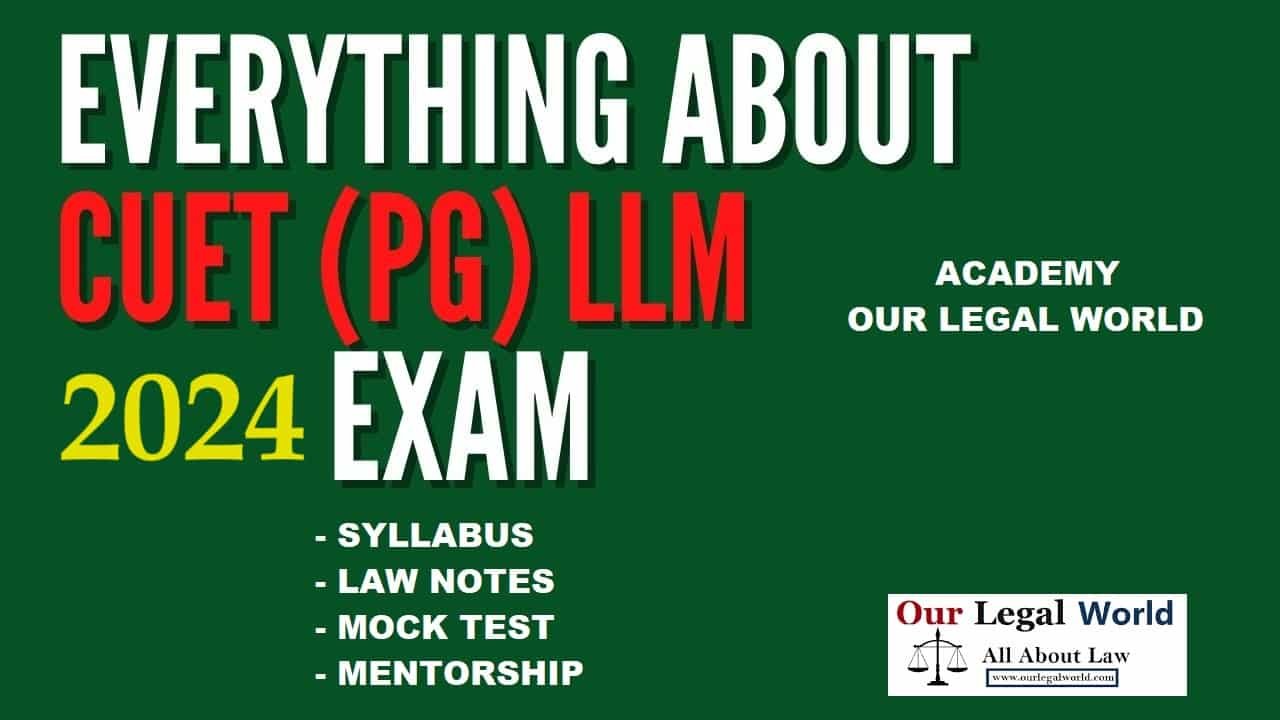
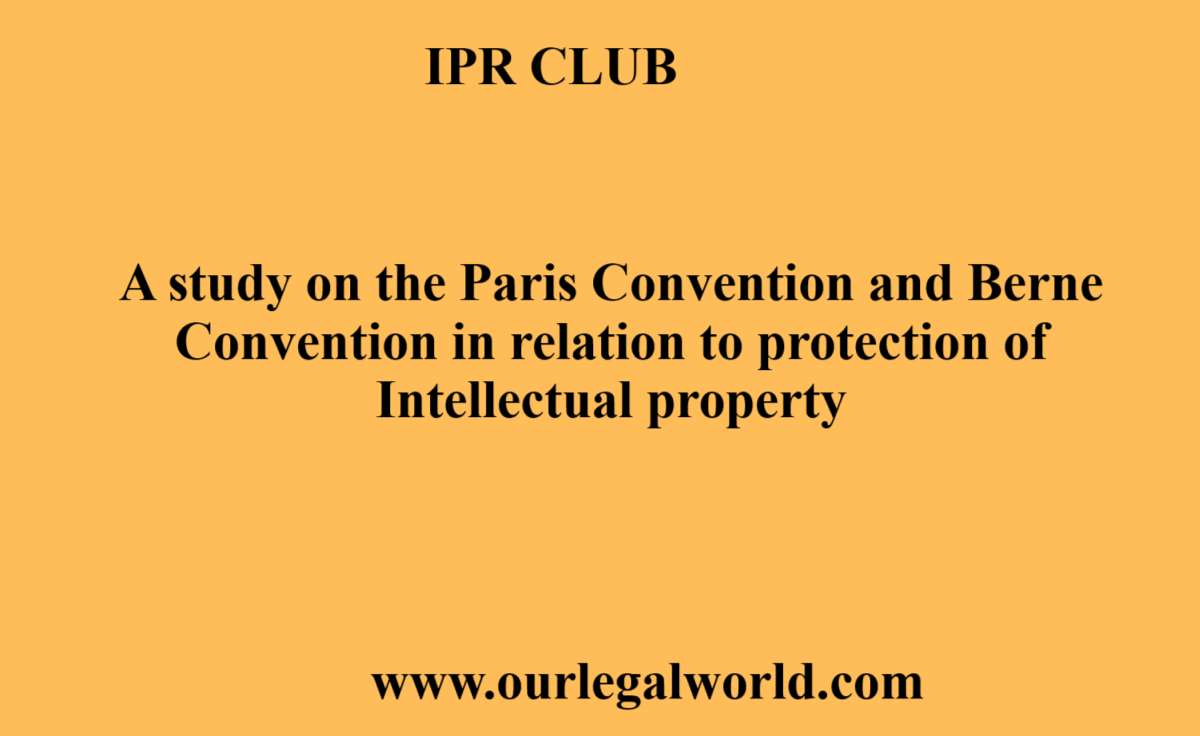


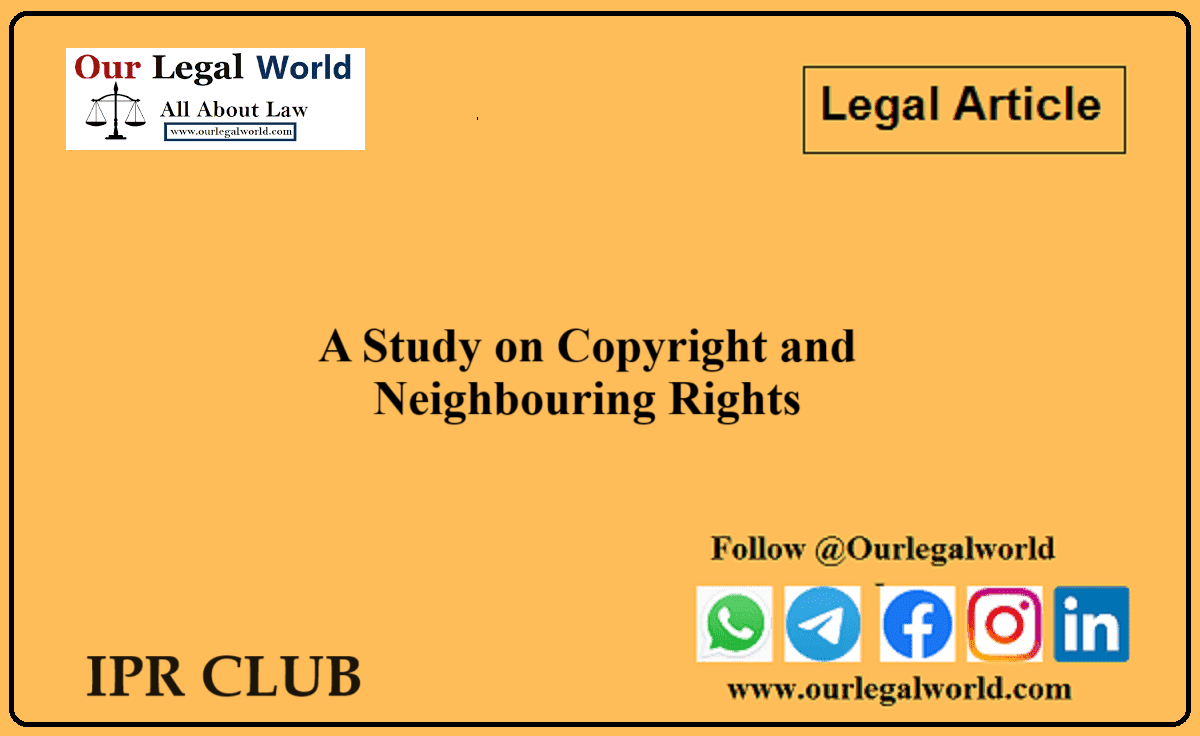
![Tax Law Internship Opportunity at Legum Attorney [Chamber of Ashish Panday], Delhi [Tax Litigation]: Apply by 2nd November](https://www.ourlegalworld.com/wp-content/uploads/2024/10/Legum-Attorney-Intern.png)
